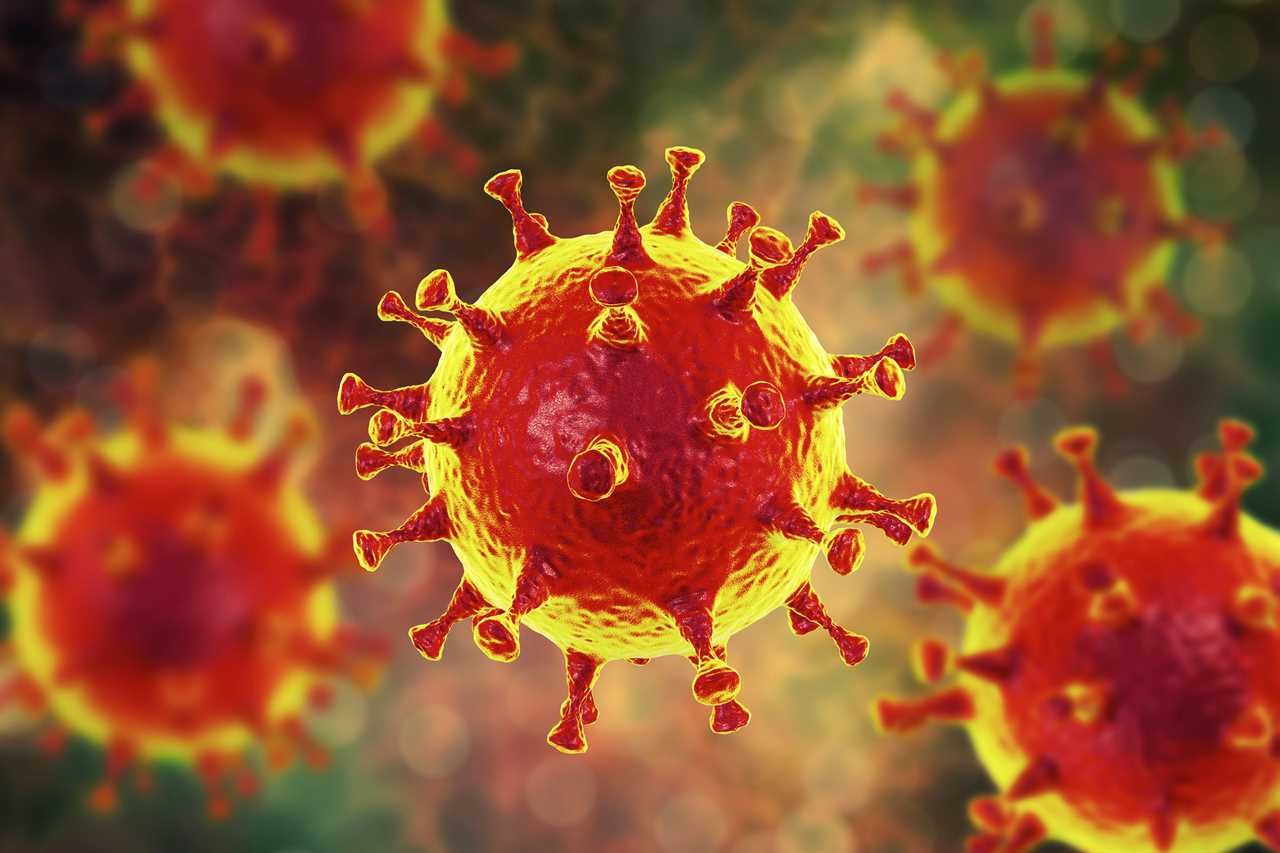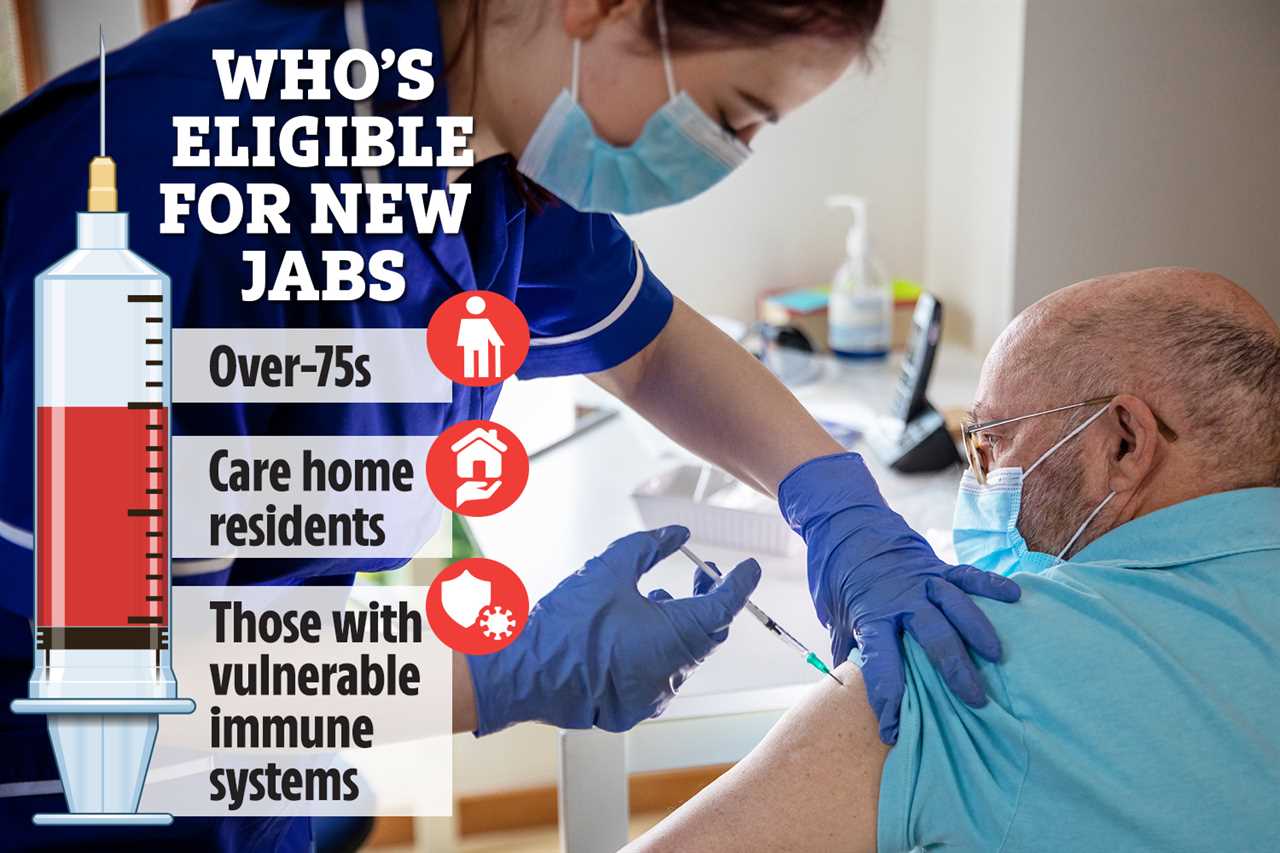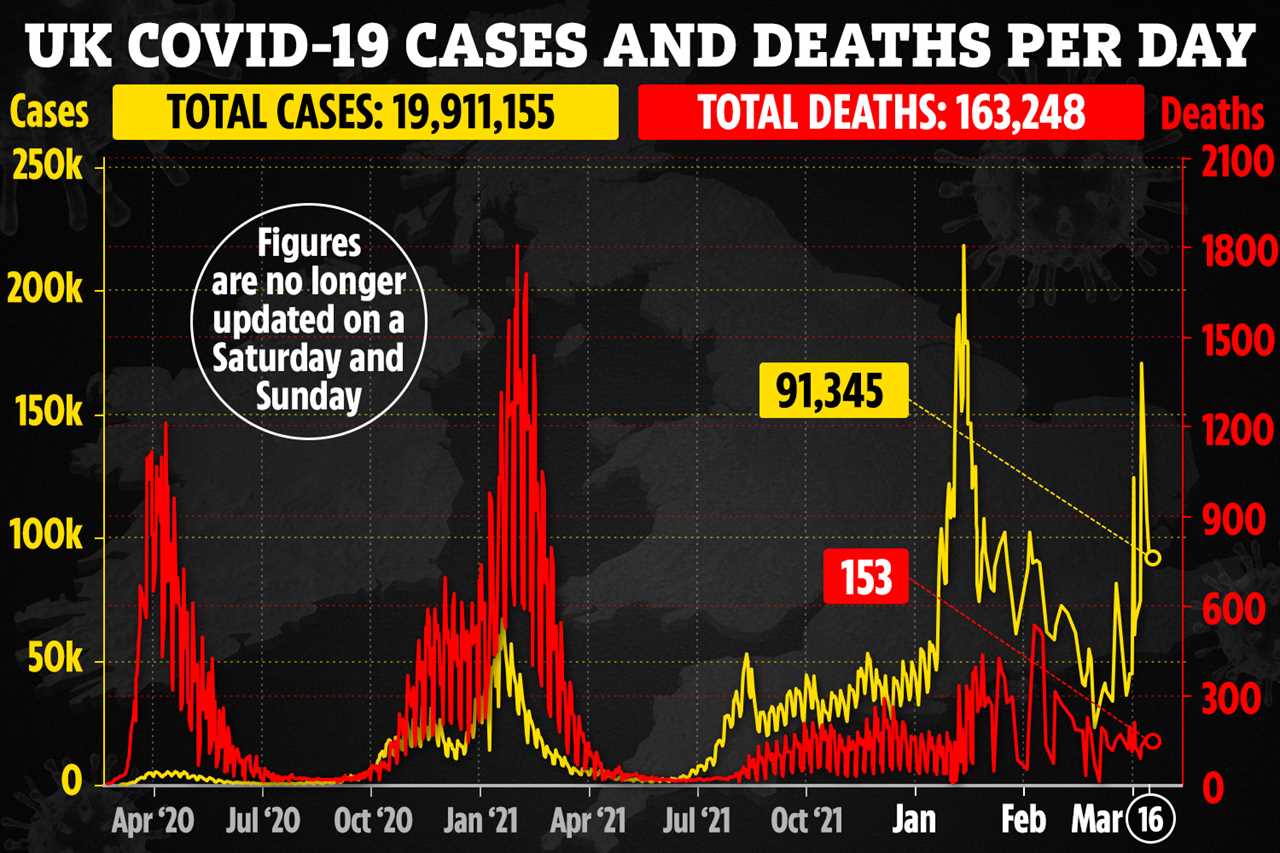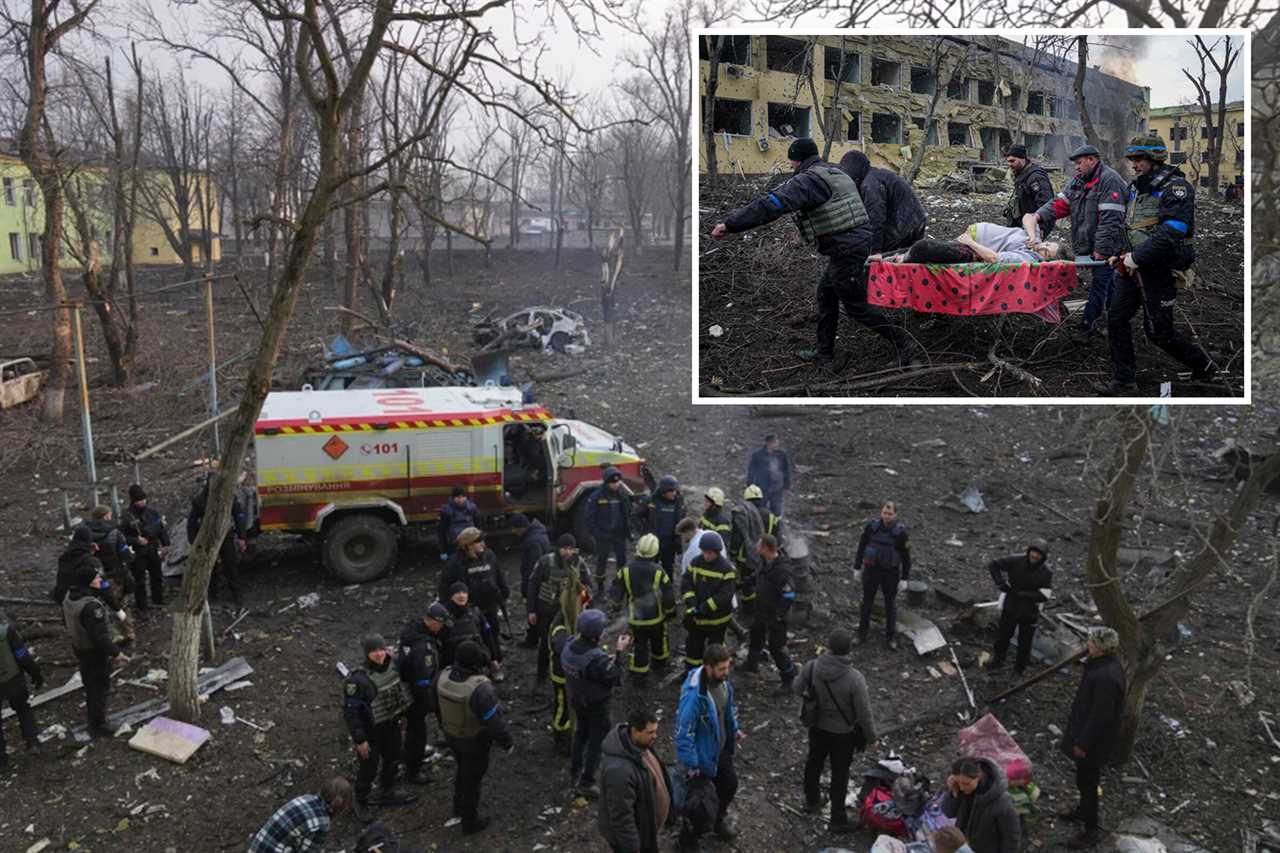TWO people in Israel have been struck with a new Covid variant described as “not yet known to the world” by experts.
The novel strain caused mild symptoms of fever, headaches and muscle aches in the patients, local media report.

Genetic sequencing revealed that the strain the two people were carrying was a combination of the original (BA.1) and new (BA.2) Omicron variants.
This, the Health Ministry said, was a version of the coronavirus “not yet known to the world”, according to Israeli newspaper Haaretz.
The World Health Orgnaization (WHO) has warned European countries against underestimating the dangers posed by the mixed strain, the Hindustan Times reported.
It is still too early to speculate on how virulent and severe the dual Omicron strain might be.
Read more on coronavirus
But both the Omicron strains have been shown to be more mild than the previously dominant Delta, largely thanks to the vaccination programme.
It is vital you have a booster jab to have adequate protection against Omicron, however.
BA.1 became dominant across the globe from early December, sparking an urgency to get people in the UK vaccinated with a booster.
Experts reassured the strain was relatively mild and less likely to cause hospitalisation.
Then BA.2 came along, growing in case numbers due to its super infectious nature.
It is more contagious than any other strain, but a person is no more likely to get severely sick.
BA.2 is driving a surge in Covid cases in many countries, which can lead to more hospital numbers.
When two variants merge, as BA.1 and BA.2 have, it is known as a recombinant.
Israeli’s Health Ministry said on Wednesday that the two people infected had returned from abroad to Israel.
Prof Salman Zarka, the nation’s Covid tsar, said the patients are a couple in their 30s who contracted the virus from their infant son, according to Israeli newspaper Haaretz.
He did not say where the patients were travelling from. Therefore, the strain’s origin is not clear.
Prof Zarka said this occurs when there are two viruses in the same cell, and that “when they multiply, they exchange genetic material, creating a new virus”.
But he added: “At this point, we’re not concerned about [the new variant leading to] serious cases.”
New Covid variants are unexpected as the pandemic progresses.
Especially when case numbers are very high, the virus is able to evolve.
Rising cases
The WHO has warned nations to remain vigilant as Covid cases creep up globally.
It said the spike is driven partly by the emergence of new variants such as BA.2.
A recent increase in Asian countries – China, Hong Kong, and South Korea – could be “the tip of the iceberg”, particularly since testing has reduced in some countries.
In the UK, testing is being scaled back and from April 1, limited numbers of people will be able to access free PRC and lateral flow tests.
But case are growing fast. The number of new positive tests in the past week is almost 50 per cent higher than the week prior.
Daily reported cases reached a low of 25,000 in late February. But the seven day average is currently 62,000.
Read More on Trending In The News
Yesterday, 91,345 new infections were reported.
Hospitalisations have hit 14,078. The number of Brits receiving hospital treatment for the bug hasn’t been this high since February 7, when the figure was 14,068.










